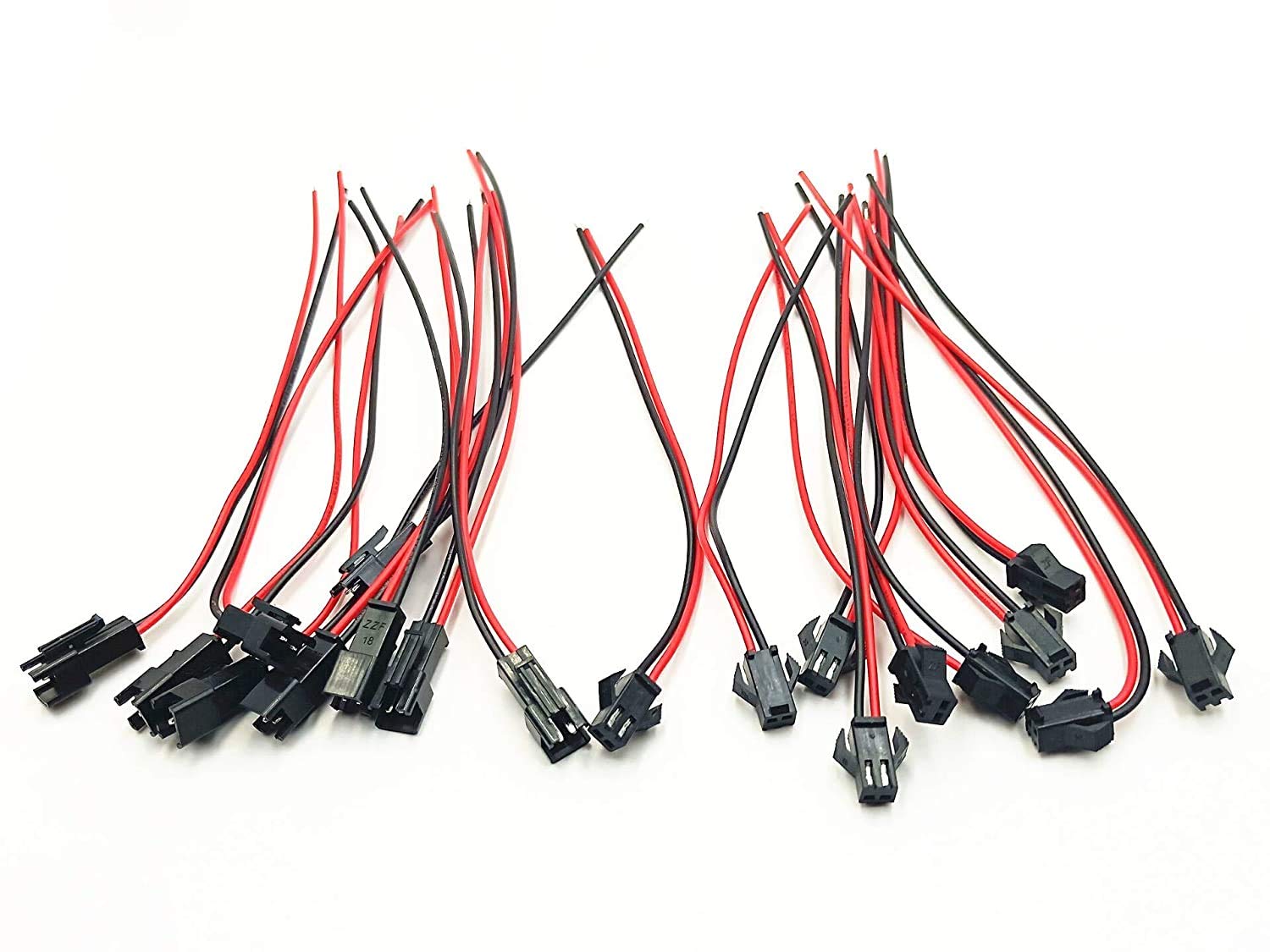Nanotechnology market is expected to grow at a compounded annual growth rate (CAGR) of 16.5% globally till 2020.
Data science in healthcare is expected to fuel the medical sector of the country, creating new techniques of diagnosis, and treatment.
Implementing such techniques is expected to increase the average lifespan of individuals, through efficient and long-lasting diagnosis from the cellular level.
Nanotechnology in India
The central government is pooling funds to effectively develop nanotechnology, understanding its widespread implications on not only the medical industry but also on numerous engineering aspects.
Nanoscience and Technology Initiative (NSTI) was launched in India in 2007 with this purpose, including preliminary funding of $250 million. Several private sector investments were also reported for the development of state-of-the-art technology.
Such investments have paid off in the long run, as India ranked 3rd (after China and USA) in 2013, in terms of the number of research papers published on nanotech.
With abundant resources available, the Indian Government announced phase II of the nanoscience mission in 2013 with a budget of Rs.650 crore. Such funding is expected to reap substantial benefits for data science in healthcare.
Effects of nanotechnology in the medical industry
Nanotechnology is expected to change medical practice across the world through the following implications –
- Change at a cellular level
Through nanotechnology, cellular structures can be modified for specific requirements. Such alteration can be applied on all defective or malignant cells, effectively altering their DNA and RNA strands. Such changes ensure treatment of a patient, along with minimising the chances of relapse.
Through nanotechnology, a potential cure for cancer, Alzheimer’s and ALS can be developed.
- Reduced treatment time
Drugs created using nanoparticles have high solubility, which reduces the time-lapse between consumption of medication and its effects on a human body. Not only does this feature reduce treatment time, but also increase its efficacy, as the medication is expected to have a prolonged effect on the patient.
- Reduced costs
The emergence of nanotechnology in India is an aim towards providing better and more affordable healthcare services to a larger section of the demography. Nanotechnology is expected to increase outreach to rural India as well, vital considering the lack of basic and critical healthcare even more so available and financially accessible in such regions.
Implementation of nanotechnology in India
Doctors and medical practitioners can start swapping their existing equipment with high-end equipment designed to implement nanotechnology in the diagnosis process. They can upgrade their medical equipment instantly and implement nanotechnology to reduce their aggregate operating costs as well. Additionally, several research and development labs can also be set up to boost the discovery of the latest equipment which functions on the principle of nanotechnology.
Undertaking the above-mentioned steps help medical clinics gain the first-mover advantage by building a strong clientele base, through an effective treatment regime at lower costs.
Also, funding research for growth of data science in healthcare can help them realise substantial profits by patenting their discovery, making them eligible to earn royalties.
Nonetheless, there are several tips doctors should keep in mind, such as the importance of proper documentation of the discovery invention, and undertaking multiple clinical trials to reduce legal repercussions of this process.
Funds for this purpose can be obtained in the form of professional loans for doctors extended by numerous financial institutions such as Bajaj Finserv.
The NBFC offers such credits at affordable interest rates across both secured and unsecured loans, depending upon its end-usage and value.
They also provide pre-approved offers on such professional loans to reduce the time and complexity of the approval procedure.
With nanotechnology in India having high implications in the healthcare sector, doctors can start prepping their existing business to accommodate such technology to mitigate the dearth of medical services in the long run.










